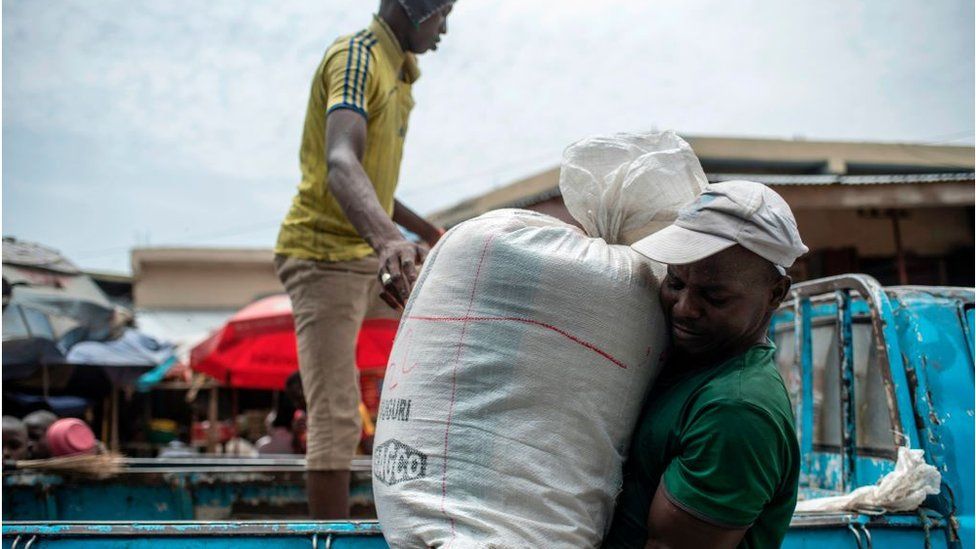TULSA, Okla. – Agriculture Specialists from U.S. Customs and Border Protection recently seized several products that could have potentially caused an animal disease or pest infestation outbreak of had they been allowed into the United States.
The first of two products involved a shipment was labeled and manifested as jewelry but contained a box of edible birds’ nests that weighed 1.2 kilograms. Edible birds’ nests are prohibited due to Highly Pathogenic Avian Influenza (HPAI) and Newcastle Disease (ND) – common for the Asia region. A U.S. Department of Agriculture veterinary service permit and/or certificate from a veterinarian is required to negate the possible introduction of these diseases into the United States. This prohibited product was destroyed by steam sterilization following its discovery by CBP.
The second seizure involved peanuts labeled and manifested as cotton t-shirts. After a CBP inspection, raw unshelled peanuts weighing 9.2 kilograms were discovered. Raw and unroasted peanuts without a permit and/or a phytosanitary certificate are prohibited for the potential introduction of foreign pests, noxious weeds, and plant diseases. No paperwork accompanied the shipment. The prohibited item in the shipment was destroyed by steam sterilization following discovery by CBP.
CBP agriculture specialists have extensive training and experience in the biological sciences and agricultural inspection. On a typical day nationally last year, they inspected almost 1 million people as well as air and sea cargo imported to the United States, intercepting 240 different pests and 2,677 quarantine material interceptions such as plant, meat, animal byproduct, and soil at U.S. ports of entry.
“CBP agriculture specialists protect our nation’s ag industry and the economy and way of life of the American people,” said CBP Tulsa Port Director Al Coates. “These efforts are critical in preventing the outbreak of deadly diseases in the United States, which could result in health and economic calamity.”
U.S. Customs and Border Protection is the unified border agency within the Department of Homeland Security charged with the comprehensive management, control, and protection of our nation’s borders, combining customs, immigration, border security, and agricultural protection at and between official ports of entry.
Source : CBP















